S. 3012: Shutdown Fairness Act
This bill, known as the Shutdown Fairness Act, proposes specific actions in the event of a government shutdown resulting from a lack of appropriations. Here’s a breakdown of its key components:
Purpose of the Bill
The bill aims to ensure that federal employees who are classified as excepted employees will receive compensation for their work during periods when the government is shut down due to a funding lapse. This compensation applies to work that is considered necessary and falls under the excepted work category.
Definitions
Key terms defined in this bill include:
- Agency: Any authority within the legislative, executive, or judicial branches of the U.S. government.
- Excepted Employee: An employee deemed necessary to perform emergency work or identified as excepted by their agency’s head. This also includes certain contractors and military personnel on active duty.
- Excepted Work: Work that is carried out by an excepted employee during a government shutdown.
Funding Appropriation
The bill outlines that for fiscal year 2026 and beyond, funds will be appropriated to pay excepted employees for their work during any period when there are no appropriations in effect. This ensures that these employees will receive their regular pay, allowances, and benefits as if regular appropriations were in place.
Conditions of Appropriation
The appropriated funds will remain available until one of the following occurs:
- A new law is enacted that provides appropriations for the agency until the end of the fiscal year, including continuing appropriations that cover those costs.
- A new law is enacted that provides appropriations without funding for the purposes specified in this bill.
Limitations on Funds
The bill specifies that the funds appropriated for these employees cannot be obligated during times when continuing appropriations are already in effect. Additionally, when full-year appropriations are eventually enacted, the expenditures made under this bill will be charged to those appropriations.
Effective Date
The provisions of this bill are intended to take effect retroactively, as if it were enacted on September 30, 2025.
Relevant Companies
None found.
This is an AI-generated summary of the bill text. There may be mistakes.
Sponsors
14 bill sponsors
-
TrackRon Johnson
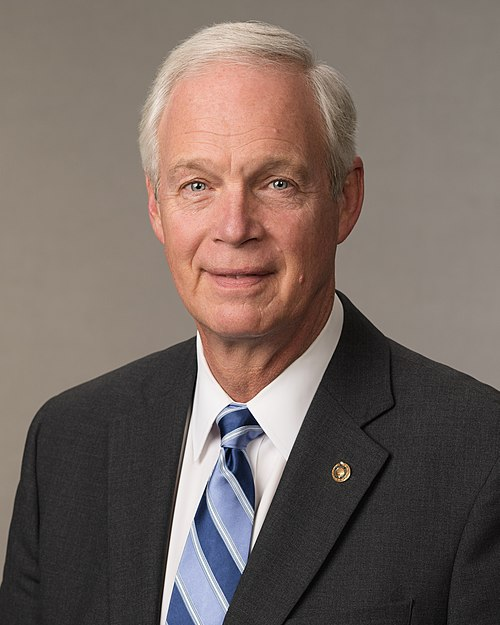
Sponsor
-
TrackJohn Barrasso

Co-Sponsor
-
TrackTed Budd
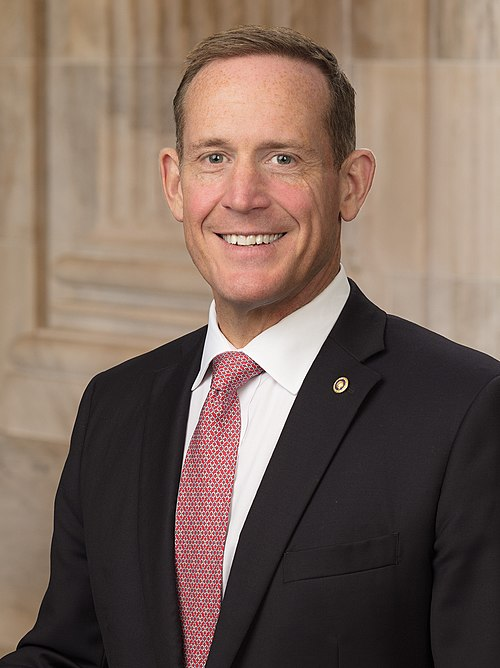
Co-Sponsor
-
TrackBill Cassidy

Co-Sponsor
-
TrackTom Cotton
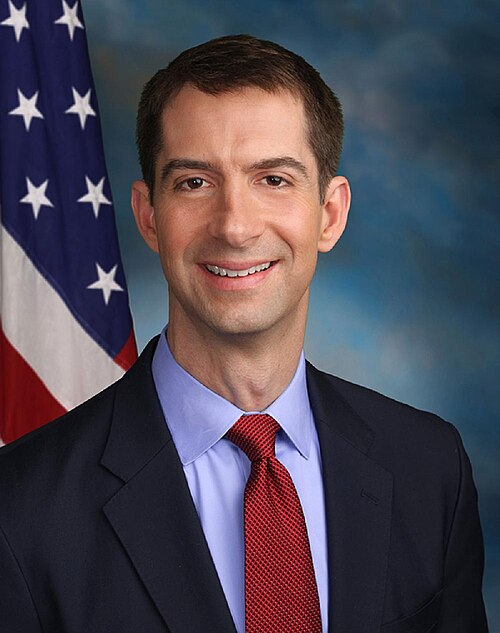
Co-Sponsor
-
TrackMike Crapo

Co-Sponsor
-
TrackJohn Hoeven
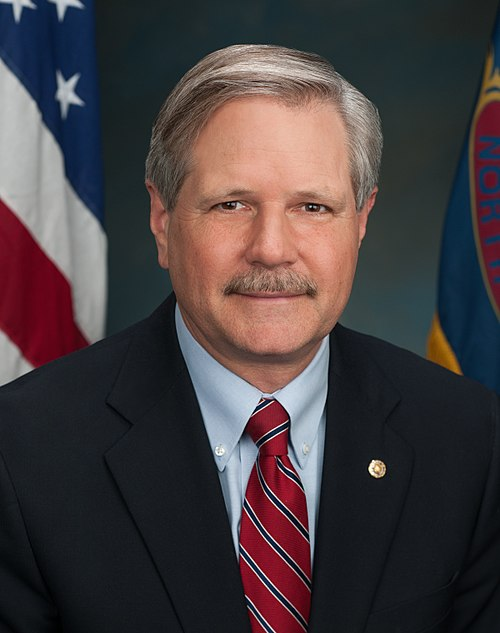
Co-Sponsor
-
TrackJames Lankford
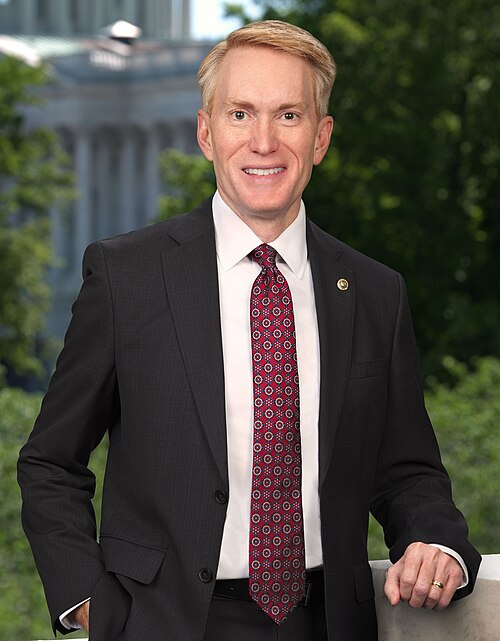
Co-Sponsor
-
TrackMike Lee
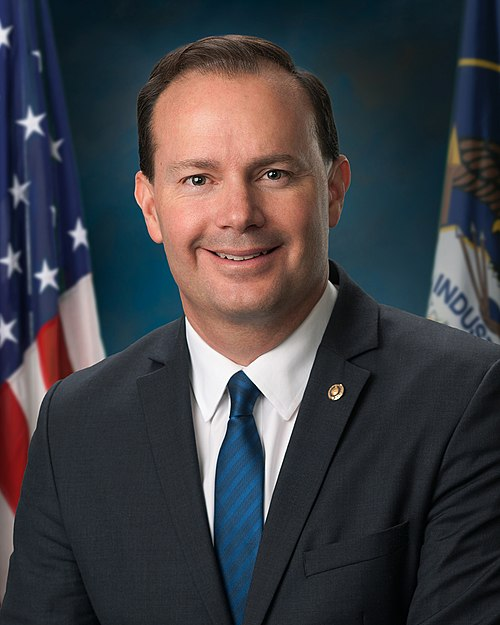
Co-Sponsor
-
TrackDavid McCormick
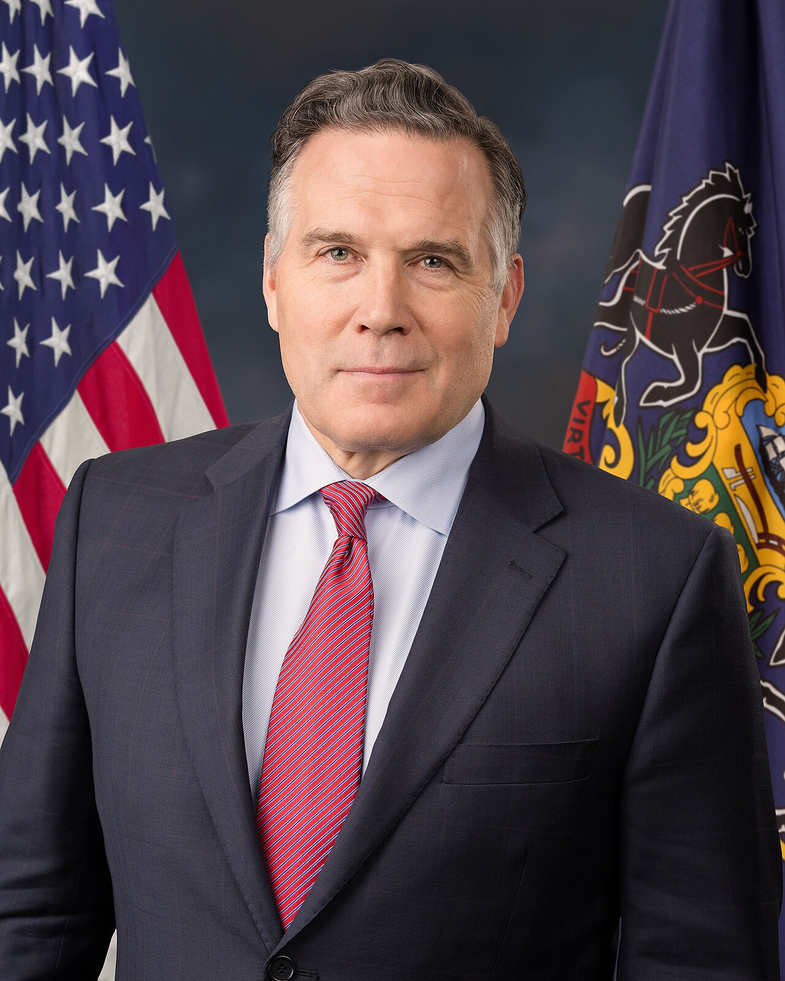
Co-Sponsor
-
TrackJames E. Risch

Co-Sponsor
-
TrackRick Scott
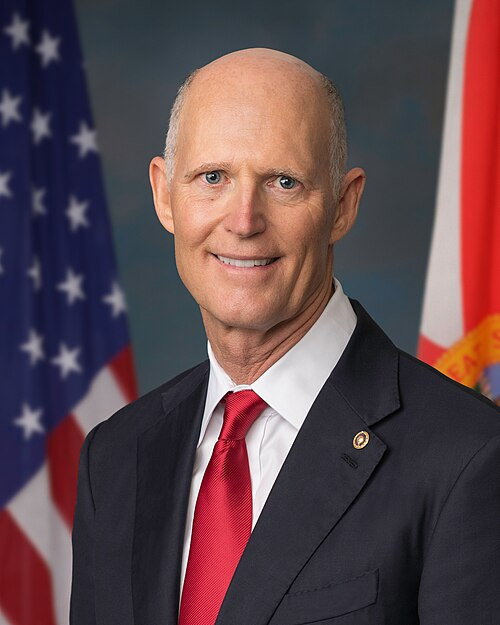
Co-Sponsor
-
TrackDan Sullivan

Co-Sponsor
-
TrackTodd Young
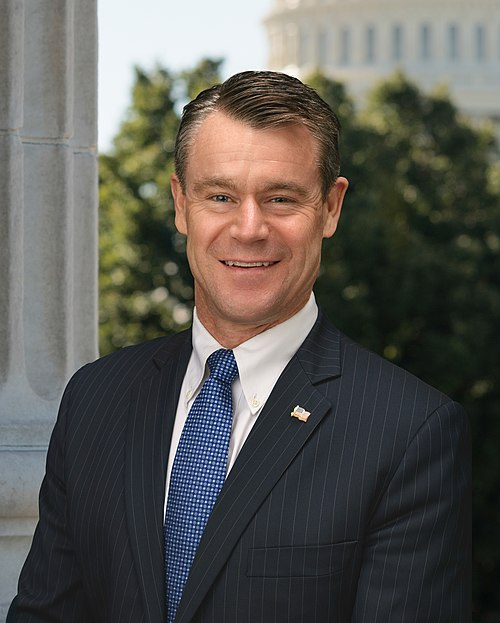
Co-Sponsor
Actions
10 actions
| Date | Action |
|---|---|
| Nov. 07, 2025 | Motion by Senator Thune to reconsider the vote by which cloture on the motion to proceed to S. 3012 was not invoked (Record Vote No. 585) agreed to in Senate by Voice Vote. (CR S7996) |
| Nov. 07, 2025 | Motion to proceed to consideration of the motion to reconsider the vote by which cloture on the motion to proceed to S. 3012 was not invoked (Record Vote No. 585) agreed to in Senate by Voice Vote. (CR S7996) |
| Nov. 07, 2025 | Upon reconsideration, cloture on the motion to proceed to the measure not invoked in Senate by Yea-Nay Vote. 53 - 43. Record Vote Number: 609. |
| Oct. 23, 2025 | Cloture motion on the motion to proceed to the measure not invoked in Senate by Yea-Nay Vote. 54 - 45. Record Vote Number: 585. (CR S7720) |
| Oct. 23, 2025 | Motion by Senator Thune to reconsider the vote by which cloture on the motion to proceed to S. 3012 was not invoked (Record Vote No. 585) made in Senate. |
| Oct. 21, 2025 | Cloture motion on the motion to proceed to the measure presented in Senate. (CR S7185) |
| Oct. 21, 2025 | Motion to proceed to consideration of measure made in Senate. (CR S7184-7185) |
| Oct. 16, 2025 | Read the second time. Placed on Senate Legislative Calendar under General Orders. Calendar No. 191. |
| Oct. 15, 2025 | Introduced in Senate |
| Oct. 15, 2025 | Introduced in the Senate. Read the first time. Placed on Senate Legislative Calendar under Read the First Time. |
Corporate Lobbying
1 company lobbying


